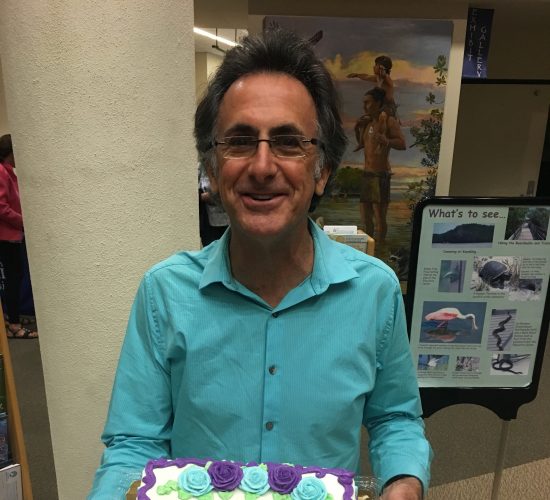What Is a Marine Scientist Called?

With over 70% of the Earth covered by water, the health and sustainability of marine ecosystems is a major concern. The work of marine biologists is essential to understanding and protecting these fragile environments, whose diversity of life is critical to the health of planet Earth. Marine biologists may work in various settings, including research institutions, government agencies and conservation organizations. Their responsibilities may include developing conservation plans and communicating with the public about their work. What Is a Marine Scientist Called?
Marine Biologist
A marine biologist is a scientist who studies the biology of marine organisms and their habitats. They design experiments in the laboratory and in natural fields to study and conserve marine ecosystems.
Their research may include exploring the ocean in a boat or underwater using scuba gear, trapping and collecting samples and analyzing data. They also write grant proposals and publish papers for peer review in scientific journals.
A career in marine biology is an interesting and rewarding one if you are passionate about nature and enjoy solving puzzles. You can choose to work in research, academia or the private sector.
Marine Ecologist
A marine ecology scientist studies the interactions between plants, animals, and their environments in the ocean. They also study the effects of pollution and other factors on the health of marine ecosystems.
They also work to protect the ocean and its inhabitants from global problems like climate change, pollution, and overfishing. They often lead tours and seminars to educate the public about these issues and how they can be solved.
Universities, government agencies, and non-profit environmental organizations often employ marine ecologists to promote conservation efforts and the preservation of marine ecosystems. They also conduct scientific research and publish papers in professional journals, conferences, and online publications.
Marine Fisheries Biologist
A marine fisheries biologist is someone who studies marine ecosystems. These people study everything from how fish behave to what kinds of habitats they live in.
Many fisheries biologists work in the government or private sector. Some are based in laboratories, while others work on research ships or in the field.
Generally, they have a bachelor’s degree in biology or a related field. Some higher-level positions require a master’s or PhD.
Those interested in marine science and good at math and statistics should consider this career path. They can work as social scientists, studying how laws and policies affect people who depend on marine resources for their livelihoods.
Marine Microbiologist
A marine microbiologist studies the smallest organisms that live in the sea. They work to understand how minor living things, including bacteria and viruses, influence ocean ecology and the health of the planet as a whole.
They also investigate how marine organisms can help produce medicines and food products and how they can be protected from disease and pollution. They can also study the effects of climate change on marine ecosystems.
Most marine microbiologists work in research labs on land, but some specialize in remote sensing. They use satellites to monitor algal blooms in the ocean, for example. They may also collect samples from plankton nets, cone-shaped devices with a fine mesh at one end that can catch microscopic creatures.
Marine Conservationist
A marine conservationist is a scientist who works to protect marine species and ecosystems. They study and address problems such as pollution, overfishing, climate change, and habitat destruction.
A Marine Conservationist may work for a government agency, non-profit organization or advocacy group. They also work as a consultant to private or public companies that conduct business in the ocean.
A Marine Conservationist is a highly skilled professional who uses marine science lessons to prevent and limit the degradation of ocean ecosystems and resources. Their work is based on a combination of scientific principles from biology, oceanography and fisheries science. They combine this knowledge with maritime law, economics and policy to help conserve the world’s oceans.